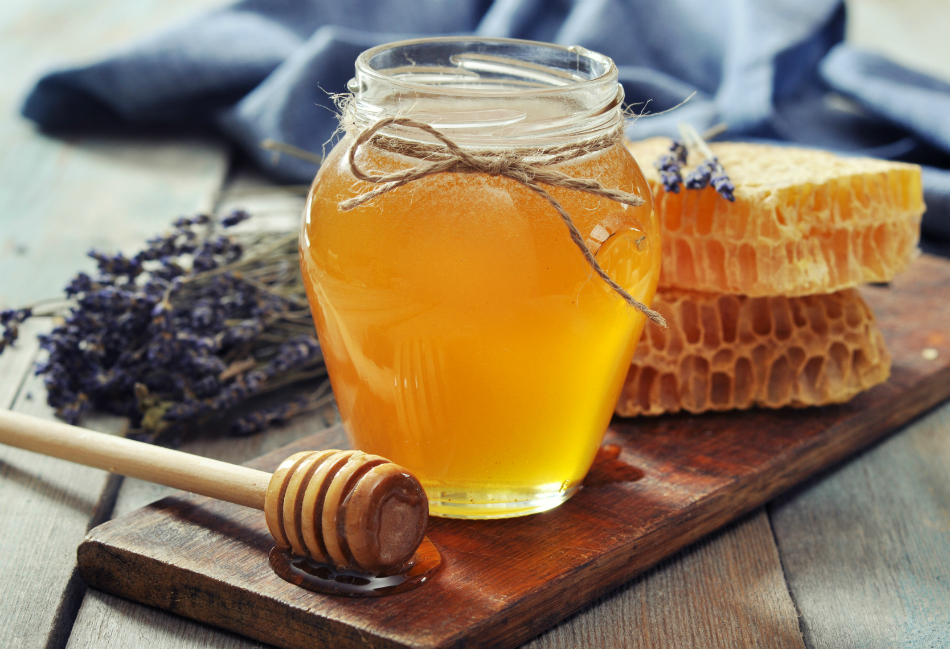Download Free Vegan Starter Kit -

How to have healthy and pain-free joints on a plant-based diet?
April 28th, 2023
Are you tired of dealing with joint pain and discomfort? If yes, you're not alone. Joint issue is a common problem affecting millions of people worldwide, impacting their daily activities and limiting mobility. While genetics, age, and injury can play a role in joint discomfort, diet and lifestyle can also have a significant impact.
With a growing number of people leaning towards a plant-based diet, there is a common question of concern — can a plant-based diet offer enough nutrition to support your joint health? The answer is not a simple and straightforward yes. A vegan diet can make healthy and pain-free joints possible, only if you offer the right nutrition to your body.
In this article, we'll explore the science behind how a plant-based diet can help keep your joints healthy, and provide practical tips to prevent joint pain on a plant-based diet.
THE SCIENCE OF VEGAN DIETS AND JOINT HEALTH
A whole food plant-based diet is defined as one that emphasizes the consumption of plant-based foods, while eliminating animal products. Plant-based diets have been shown to offer numerous health benefits. But how do plant-based diets impact joint health specifically?
Inflammation is a key driver of joint pain and damage, and chronic inflammation is a hallmark of many chronic diseases. Plant-based diets have been shown to reduce inflammation levels in the body, which may help alleviate joint stiffness.
A study conducted by faculty at George Washington University School of Medicine and Health Sciences found that individuals with rheumatoid arthritis who followed a healthy vegan diet for three and a half months experienced significant reductions in inflammatory markers, along with improvements in symptoms like joint tenderness and swelling. 1
Plant-based diets can also support joint health by providing a rich array of nutrients, including antioxidants and phytochemicals. These compounds can help protect the body against oxidative stress, which can contribute to joint damage. Additionally, plant-based diets are typically rich in fiber, which has been shown to reduce levels of C-reactive protein (CRP), a marker of inflammation in the body. 2
In terms of specific nutrients, there are several key ones to pay attention to for joint health. Protein is essential for building and repairing tissues, including cartilage, which cushions the joints. Plant-based sources of protein include beans, lentils, tofu, tempeh, nuts, and seeds.
Calcium is equally important for strong bones, which support healthy joints. Plant-based sources of calcium include leafy greens, fortified plant milks, tofu, and almonds. Iron is also necessary for the formation of collagen, which supports your joints. Plant-based sources of iron include legumes, tofu, quinoa, fortified cereals, and dark leafy greens. 3

Source: Envanto
TIPS TO IMPROVE JOINT STRENGTH
Plant-based diets can be incredibly diverse and flavorful, with options ranging from spicy curries to savory stir-fries to sweet smoothie bowls. Experiment with new recipes, flavors and ingredients like jackfruit, tempeh, or nutritional yeast to make your diet more interesting and nutritional.
Here are some tips for maintaining healthy and pain-free joints on a plant-based diet:
1. Incorporate Anti-Inflammatory Foods
Inflammation is a natural response to injury or infection, but chronic inflammation can contribute to joint pain and damage. Plant-based diets are rich in anti-inflammatory foods, including fruits and vegetables, nuts, seeds, whole grains, and legumes. These foods contain antioxidants and phytochemicals that can help reduce inflammation and promote joint health.
Some of the most potent anti-inflammatory foods include berries, leafy greens, turmeric, ginger, garlic, and omega-3 fatty acids found in flaxseeds, chia seeds, and walnuts. 4
2. Maintain a Healthy Weight
Excess weight can put stress on your joints, increasing the risk of joint pain. 5 A plant-based diet can be beneficial for weight management, as it is typically low in saturated fats and high in fiber, which can help you feel full and satisfied.
However, it is still essential to maintain a healthy weight by consuming a balanced diet and engaging in regular physical activity. Aerobic exercises such as walking, cycling, and swimming can improve joint health and reduce the risk of joint pain.
3. Reduce Processed Foods and Added Sugars
Processed foods and added sugars are associated with inflammation and can lead to joint concerns. A plant-based diet can be naturally low in processed foods and added sugars, but it is still essential to read labels and choose minimally processed foods whenever possible.
Limiting processed foods such as chips, cookies, and sugary beverages and opting for whole, plant-based foods such as fruits, vegetables, and whole grains can support joint health and overall wellness. 6
4. Stay Hydrated
Drinking plenty of water is crucial for joint health as it helps to lubricate the joints and prevent stiffness. Additionally, staying hydrated can help to flush out toxins from the body, reducing inflammation. 7
5. Engage in Low-impact Exercise

Source: Envanto
6. Consider Supplements For Optimum Nutrition
While a plant-based diet can provide many nutrients, certain supplements containing glucosamine and chondroitin sulfate may help reduce inflammation and support cartilage health, especially for people with conditions such as Osteoarthritis. 9
You could try Vegeflex from Origins Nutra, a vegan joint care supplement that contains vegan glucosamine hcl, vegan chondroitin, and rosehip oil to ease joint stiffness, support joint flexibility and help maintain ligament structure. These supplements go through a 7-step testing process before they are passed for your consumption. However, always remember to consult your doctor before starting any new supplementation.
CONCLUSION
Following a plant-based diet can easily support joint health and reduce the likelihood of experiencing joint discomfort. By focusing on anti-inflammatory foods, ensuring adequate protein and omega-3 intake, avoiding processed foods, keeping your weight in check and consuming essential supplements, you can achieve healthy and pain-free joints.
Disclaimer: Always consult a medical professional before taking any decisions regarding your diagnosis and diet plan if you are suffering from a medical condition. The information present in the website, newsletters, e-Mailers or social media is neither intended nor implied to constitute medical advice, diagnosis or treatment. We assume no responsibility, and shall not be liable for any damage or injury in such a case.
AUTHOR

trending
Be a Vegan First Informer
Send us buzzworthy news and updates
Explore
Contact Us
About Us
Stay Connected
Copyright ⓒ 2017-2023. VEGAN PASSION PRIVATE LIMITED. All Rights reserved.
For more information, please write to hello@veganfirst.com
Registered Office Address: 55, 2nd floor, lane 2, Westend Marg, Saidullajab, Near Saket Metro Station, New Delhi, Gadaipur, New Delhi South West Delhi, DL

2.png)

.png)

.png)
2.png)
2.png)
2.png)


1.png)





3.png)




